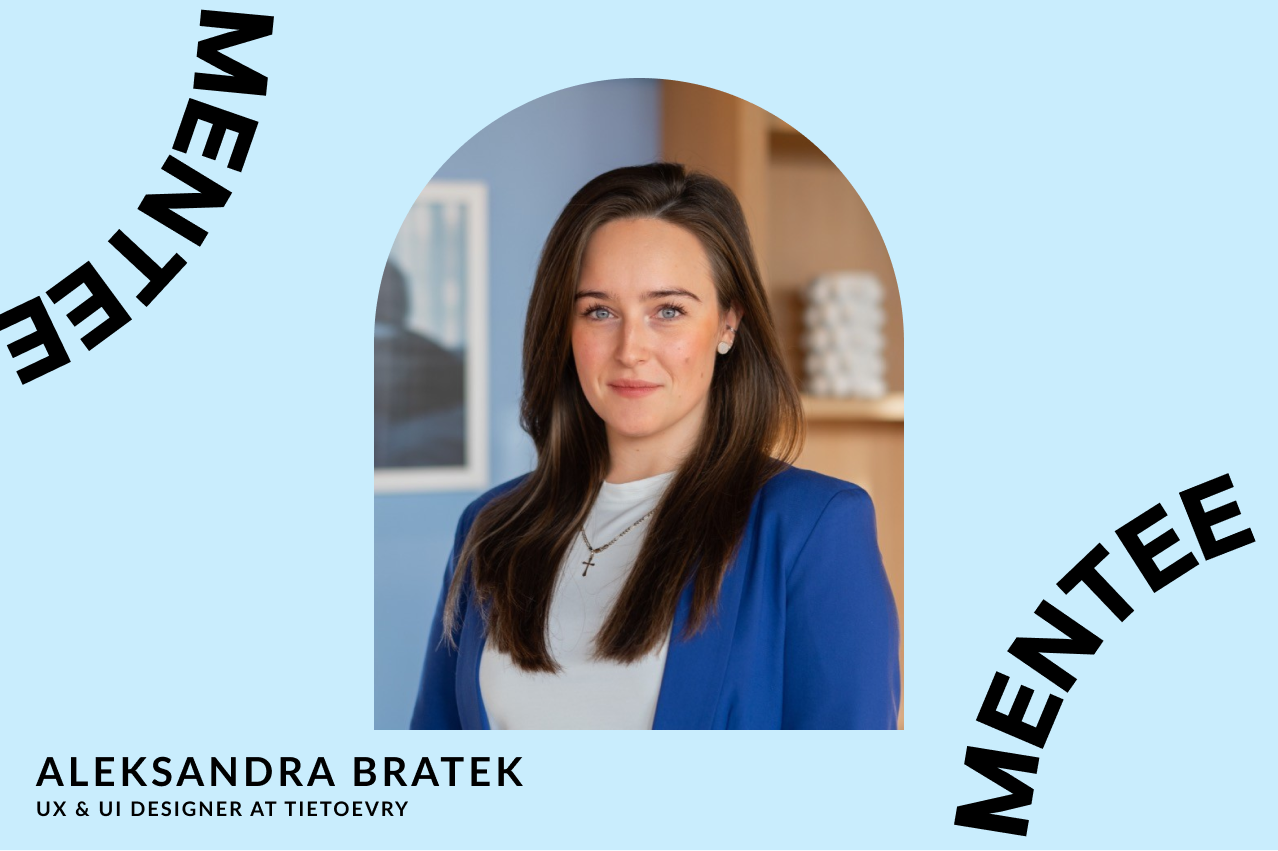
Most large corporations use tests, similar to IQ tests, to select candidates. Performing well on an IQ test may be the difference between getting hired or not, or getting a promotion. What are key strategies to score higher in IQ tests? Tips from an IQ tests creator.
IQ tests have changed over the years. Old IQ tests measure the knowledge that you have accumulated: language skills, maths. They are still used for assessment; but studies show that they are not as accurate as a measure of IQ because different levels of education affect results. This is why they were replaced.
Modern IQ tests instead measure your ability to solve problems and think rationally. These tests are used for example by Mensa, the oldest and most prestigious high IQ society in the world. A shorter version is used as an employment assessment, because they measure a number of important skills: reasoning skills, problem-solving, and learning ability.
Statistics show that people who perform well on modern IQ tests also tend to perform well in job situations that involve understanding. This is what makes matrix-based IQ tests useful.
Although IQ tests were not originally intended for use in business, studies show that they predict work performance at least as well as competency interviews do (the most common assessment tool) and about ten times better than personality tests do.
Figurative matrices are the perfect measure of these skills and this is what you will find in these modern tests. In each test question, we are asked to identify the missing element that completes a pattern of shapes. To solve it, we must find the rule that explains the progression.
Because it has a visual format, it can be used globally by large corporations with no language barriers to worry about.
A high IQ score means you are a quick learner and an ideal candidate. As you know, when you start a new job, it may take many months until you learn all the processes. If you are a quick learner, this may be reduced to a fraction, only that alone means millions in savings.
Generally, you have a minute per question, but if you use a minute, you will not make it. Why? The questions are in order of difficulty: the easiest first, the complex last. You need to save and transfer time from the easy to the difficult at the end.
Most people don’t know that you can train for an IQ test. Multiple studies show that training increases your IQ score, just like with any other test. The quicker you are, the higher your score. Let’s see it with an example.
This is a matrix of medium difficulty. Ideally, you’d need under 30 seconds to answer. An expert would answer in only 5 seconds. How? Let me show you.

But first please, have a look and try to find the correct choice on your own. The way you solve a matrix, tells much about you. Once you find it, come back to read.
There is a long way and a short way. Which one did you use?
Long way: The shapes “jump” a spot from one cell to the next. Starting on the top left and moving right horizontally: The circle moves 2 spots, like on a diagonal. The triangle, 1 spot clockwise. The square, 1 spot anticlockwise. If we don’t see a shape, it is behind a larger shape, like when we can see the corners of the triangle behind the circle. The answer is B.
Short way: Did you notice any symmetries? If you fold the matrix diagonally like this / all the cells are the same. The top right corner equals the bottom left corner. The top left corner equals our answer B. The other cells on both sides of the diagonal are also repeated. Can you see how much quicker this is?
This happens because this matrix follows a specific rule. The number of rules are limited, there are many, but they are limited. If you practise and learn the main rules, your chances of getting a much higher score multiply.
As the saying goes: “Practice makes perfect”. You’d be surprised how much you can improve with just a bit of training.



